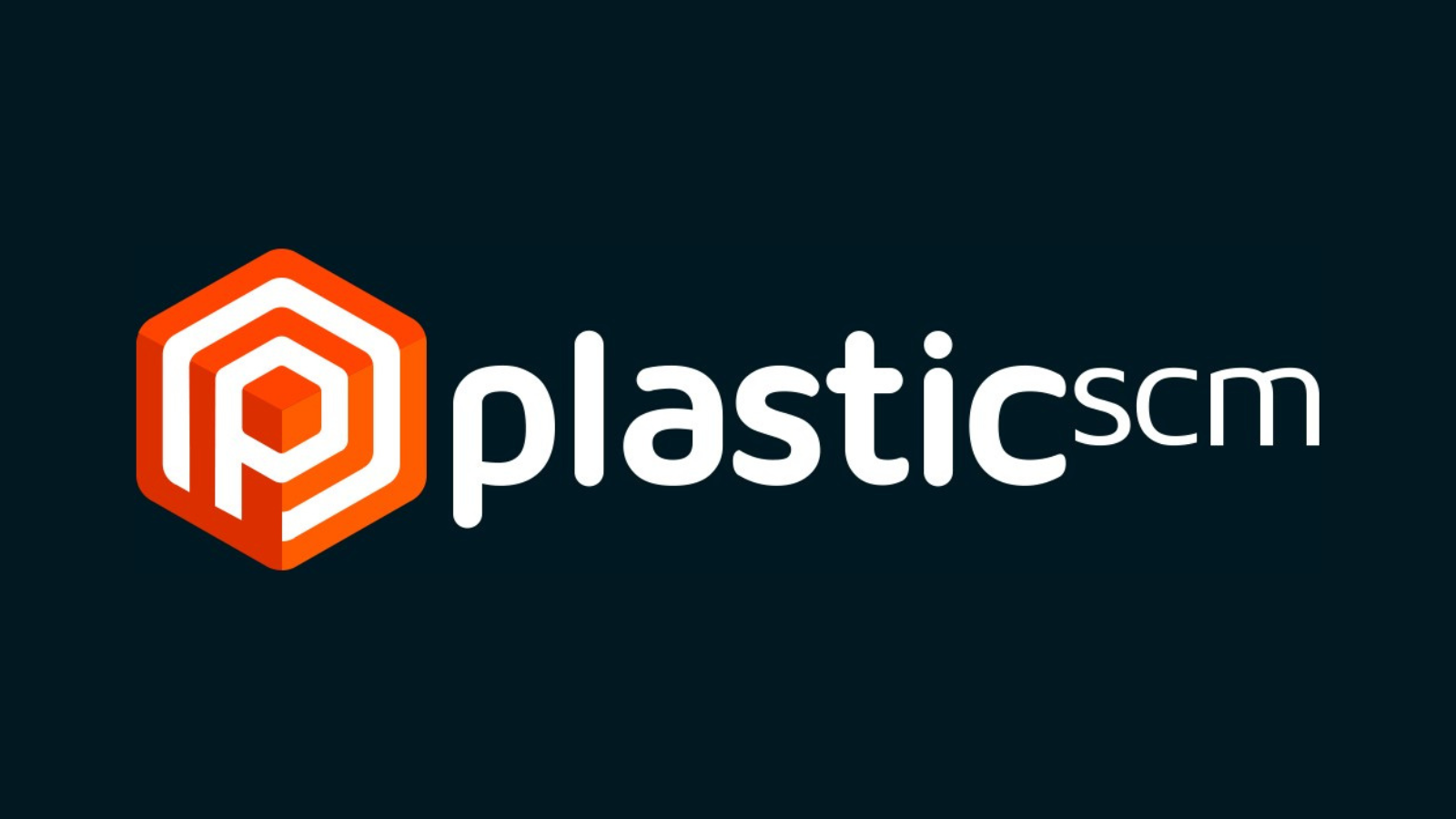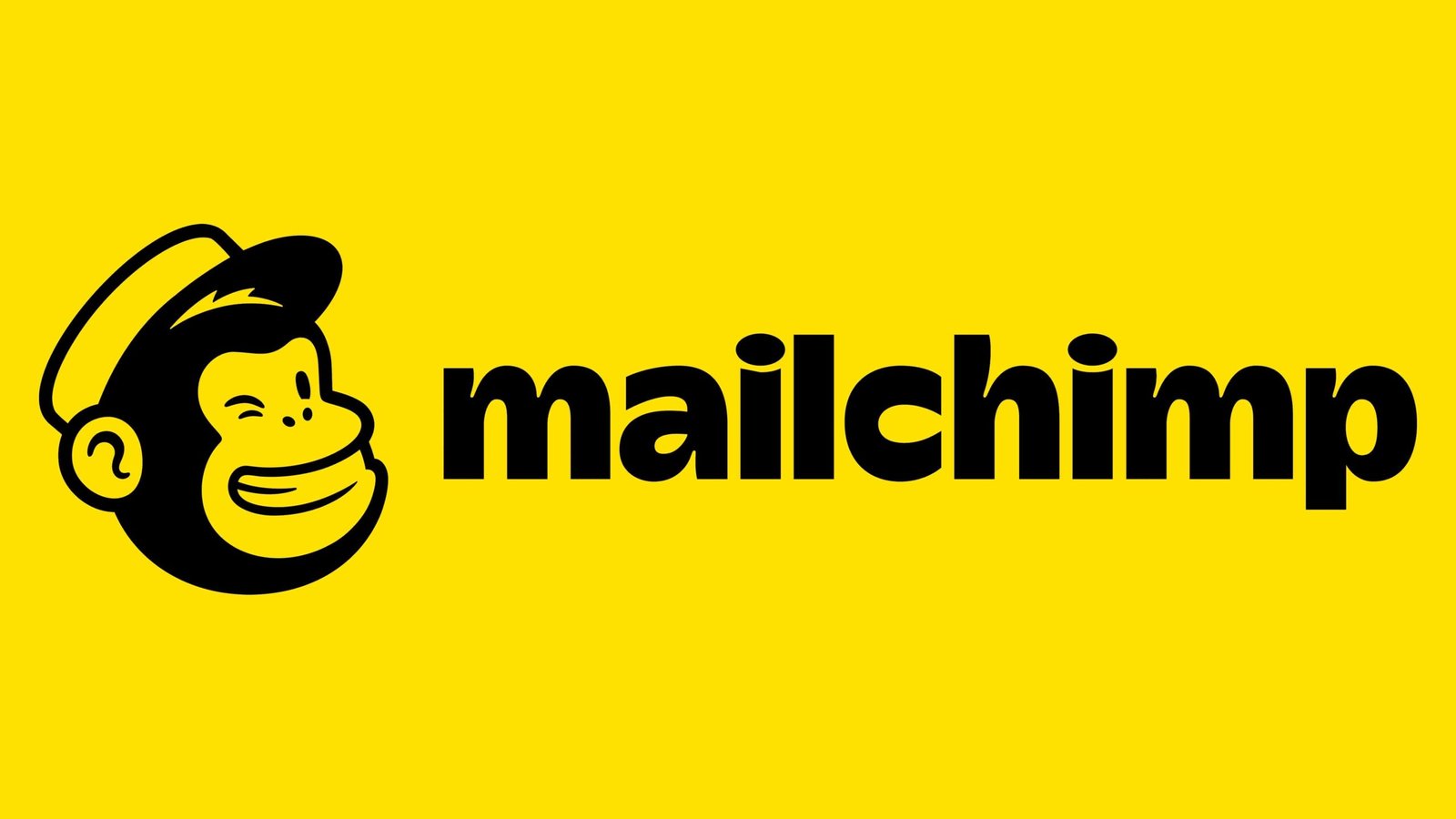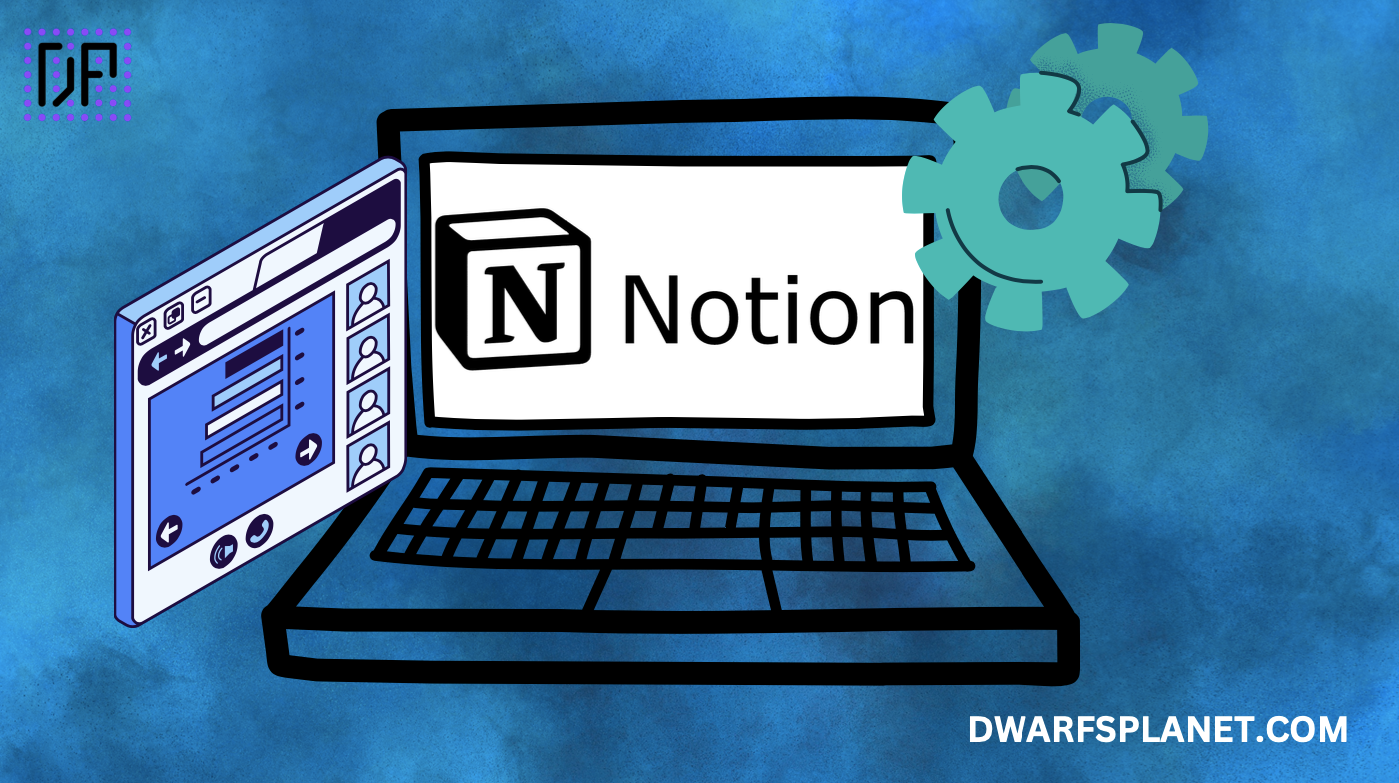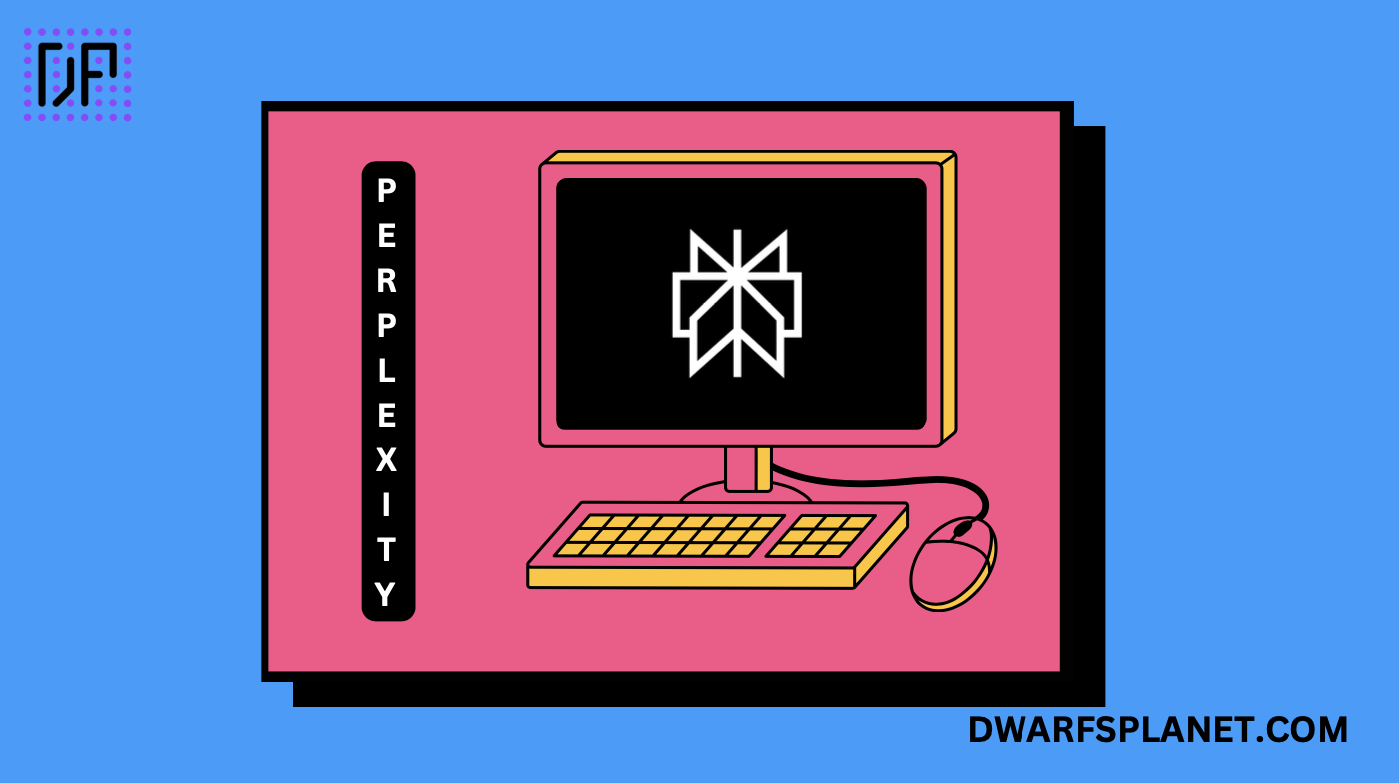Distributed VCS similar to Git with simple commands.
Mercurial is a free, open-source distributed version control system (DVCS) designed for fast, reliable, and efficient handling of projects of any size. Developed by Matt Mackall in 2005, Mercurial was created with a focus on performance, simplicity, and scalability. Like Git, Mercurial is a distributed system, meaning that every developer has a complete copy of the repository, including its full history. Mercurial is widely used by teams that require a straightforward, easy-to-use tool for source control management, providing a user-friendly command-line interface and extensive support for large codebases.
Key Features:
- Distributed Version Control: Allows every user to have a full copy of the project repository, including its complete history, enabling offline work and decentralized collaboration.
- Performance and Scalability: Designed to handle large-scale projects and repositories efficiently, with optimized algorithms that ensure fast operations for committing, branching, merging, and cloning.
- Simple and Consistent Command Set: Offers an intuitive and straightforward command-line interface with a small, consistent set of commands, making it easy for users to learn and use.
- Efficient Branching and Merging: Provides efficient branching and merging workflows, with built-in support for managing and visualizing branches, making it ideal for teams with complex development workflows.
- Atomic Changesets: Uses atomic changesets to record every change, ensuring that commits are treated as a single, complete unit, enhancing the reliability and integrity of the repository.
- Cross-Platform Compatibility: Available on multiple platforms, including Windows, macOS, and Linux, providing a consistent experience across different environments.
- Extensible and Customizable: Supports a wide range of extensions and plugins that add extra functionalities, such as hooks, custom commands, and integration with various development tools and platforms.
- Built-In Web Interface: Includes a built-in lightweight web server that allows users to browse repositories, view changesets, and manage branches from a web browser.
- Strong Support for Binary Files: Efficiently handles both text and binary files, making it suitable for projects that involve large binary assets, such as multimedia files or proprietary formats.
Benefits:
- Easy to Learn and Use: With its straightforward command set and user-friendly interface, Mercurial is considered easier to learn and use than other distributed version control systems, such as Git, especially for beginners.
- High Performance and Reliability: Optimized for speed and scalability, Mercurial is known for its fast performance, even with large codebases and extensive histories.
- Safe and Robust Operations: Ensures safe and robust operations with features like atomic changesets, which prevent incomplete or corrupted commits.
- Supports Advanced Development Workflows: Provides built-in tools for managing branching, merging, and collaboration, making it suitable for both small teams and large, complex projects.
- Extensive Community and Documentation: Backed by an active community and well-maintained documentation, Mercurial offers resources for learning, troubleshooting, and extending its functionality.
Strong Suit: Mercurial’s strongest suit is its combination of simplicity, speed, and reliability, providing a user-friendly yet powerful tool for distributed version control that is particularly well-suited for large and complex projects.
Pricing:
- Free: Mercurial is open-source and completely free to use under the GNU General Public License (GPL) v2.
Considerations:
- Less Popular than Git: While Mercurial is widely used and respected, it has a smaller user base and ecosystem compared to Git, which means fewer third-party tools, integrations, and community resources.
- Limited Enterprise Adoption: Some large enterprises have standardized on Git, which may limit Mercurial’s adoption in certain organizations or environments.
- Not as Flexible with Advanced Use Cases: While Mercurial is highly capable, some advanced features and use cases might be better supported by Git’s larger ecosystem and tooling.
Enterprise-level version control system with scalability.
Distributed version control for big files and projects.
Web-based Git repository manager for collaboration.
Summary: Mercurial is a distributed version control system that offers a balanced combination of simplicity, speed, and reliability, making it an excellent choice for teams looking for an easy-to-use yet powerful tool for managing source code and project files. With its straightforward command set, efficient branching and merging, and support for large repositories, Mercurial is well-suited for both small and large-scale development projects. Although it is less popular than Git and may have a smaller ecosystem, its focus on performance and ease of use makes it a strong contender for teams that prioritize speed and simplicity in their version control workflows.
 Skip to content
Skip to content 













